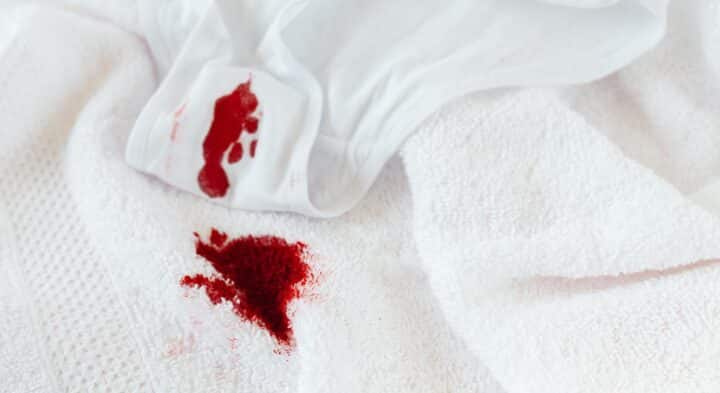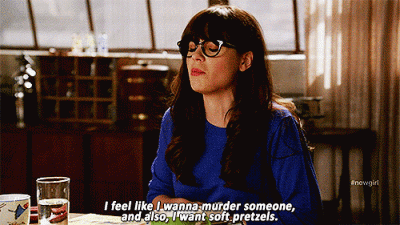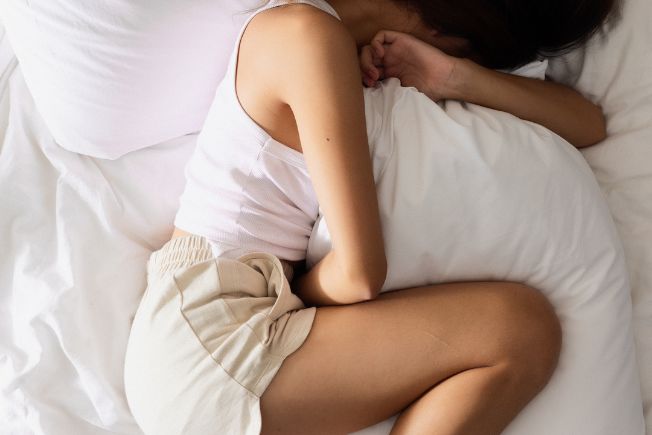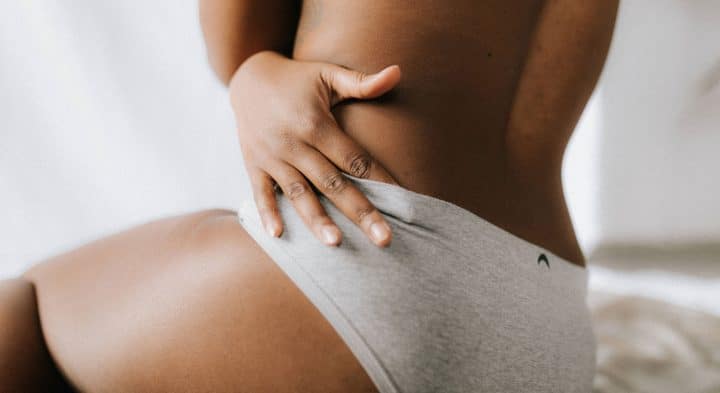Intimate Care School
The vagina & vulva
Imbalance & discomfort
The period


What is PMS & PMDD?
PMS and PMDD are conditions that usually occur up to a week before menstruation and that decrease or decrease completely when menstruation starts. The symptoms may persist during the first days of menstruation. PMS stands for Premenstrual Syndrome while PMDD stands for Premenstrual Dysphoric Disorder and is a more severe form of PMS that affects the mood a lot.
PMS
PMS is common among menstruating people and can affect both the mood and the body, often the days before menstruation. How you are affected is individual and what problems you get can also vary from month to month.
Symptoms
- Easily irritated
- Anxious
- Rapid mood swings
- Depression
- Tired and less energy
- Difficulty sleeping
- Swollen
- Sore breasts
- Headache
- Hungrier and have a sweet tooth

PMDD
PMDD is a more severe variant of PMS. The symptoms are often mental and can be so severe that they are experienced as symptoms of anxiety or depression. The difference between PMDD and depression is that the symptoms subside when menstruation starts. PMDD often affects the everyday life and can cause you to get into conflicts or withdraw during the period before menstruation.
Symptoms
To be diagnosed with PMDD, you must experience five of the symptoms of PMS. One must also be one of the top four. About three to five percent of all people with regular periods experience PMDD.
Tips during PMS
During this period, it can be good to do things that make you feel good. Here are some of our tips:
- Exercise
- Relaxation exercises such as yoga or mindfulness
- Avoid stress
- Sleep a lot
- Eat regularly
PMS and PMDD during ovulation
The most common is that you experience discomfort during the week before menstruation begins. For some, the problems also occur during ovulation and sometimes they can last the entire period from ovulation to the start of menstruation.
Track your cycle
By tracking your menstrual cycle, you can learn to recognize the symptoms. By being prepared and understanding why you react the way you do, it can be easier to manage your PMS or PMDD.
Seek help
Contact a youth clinic, gynecologist or health center if you experience that your PMS or PMDD affects your everyday life in a negative way.

